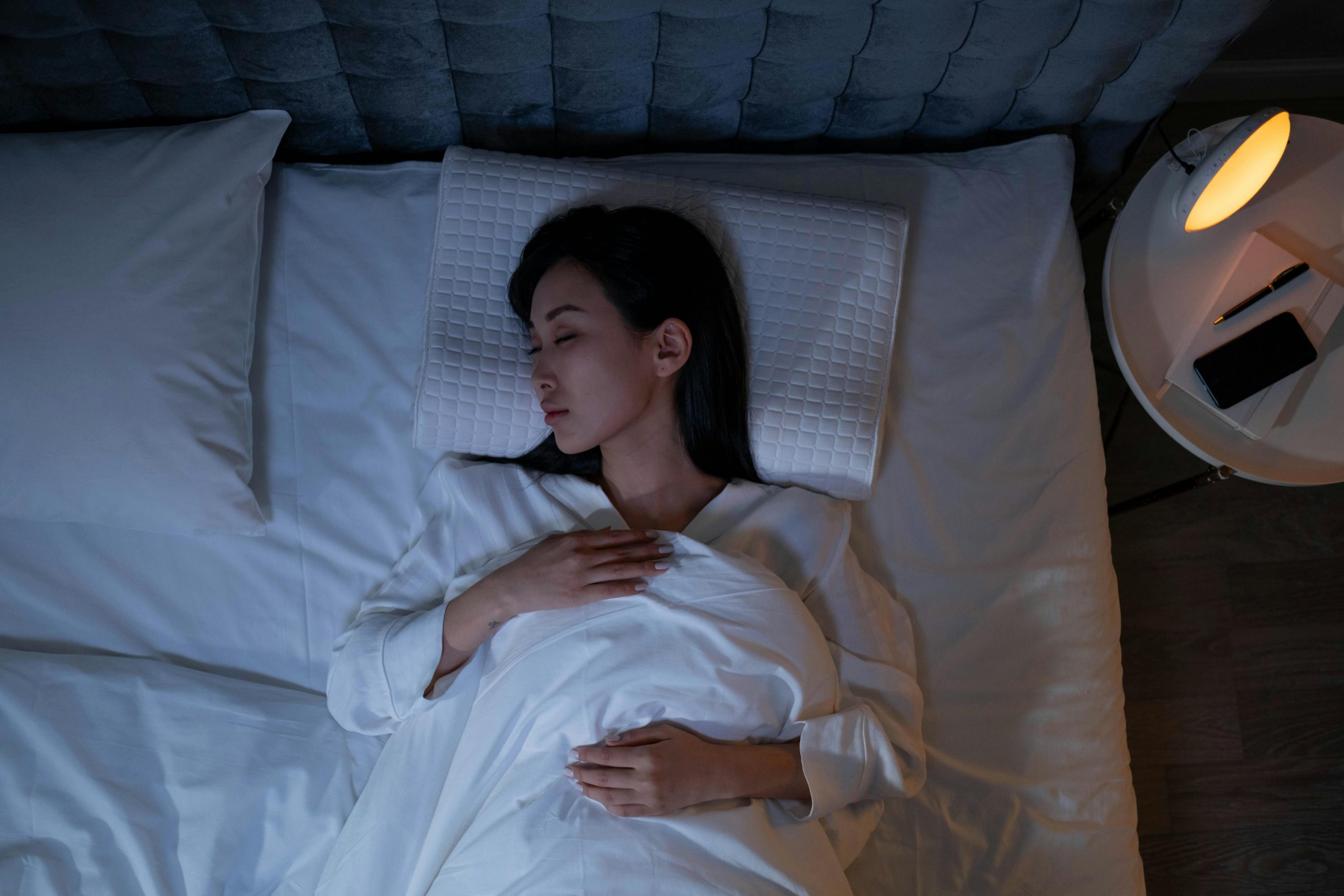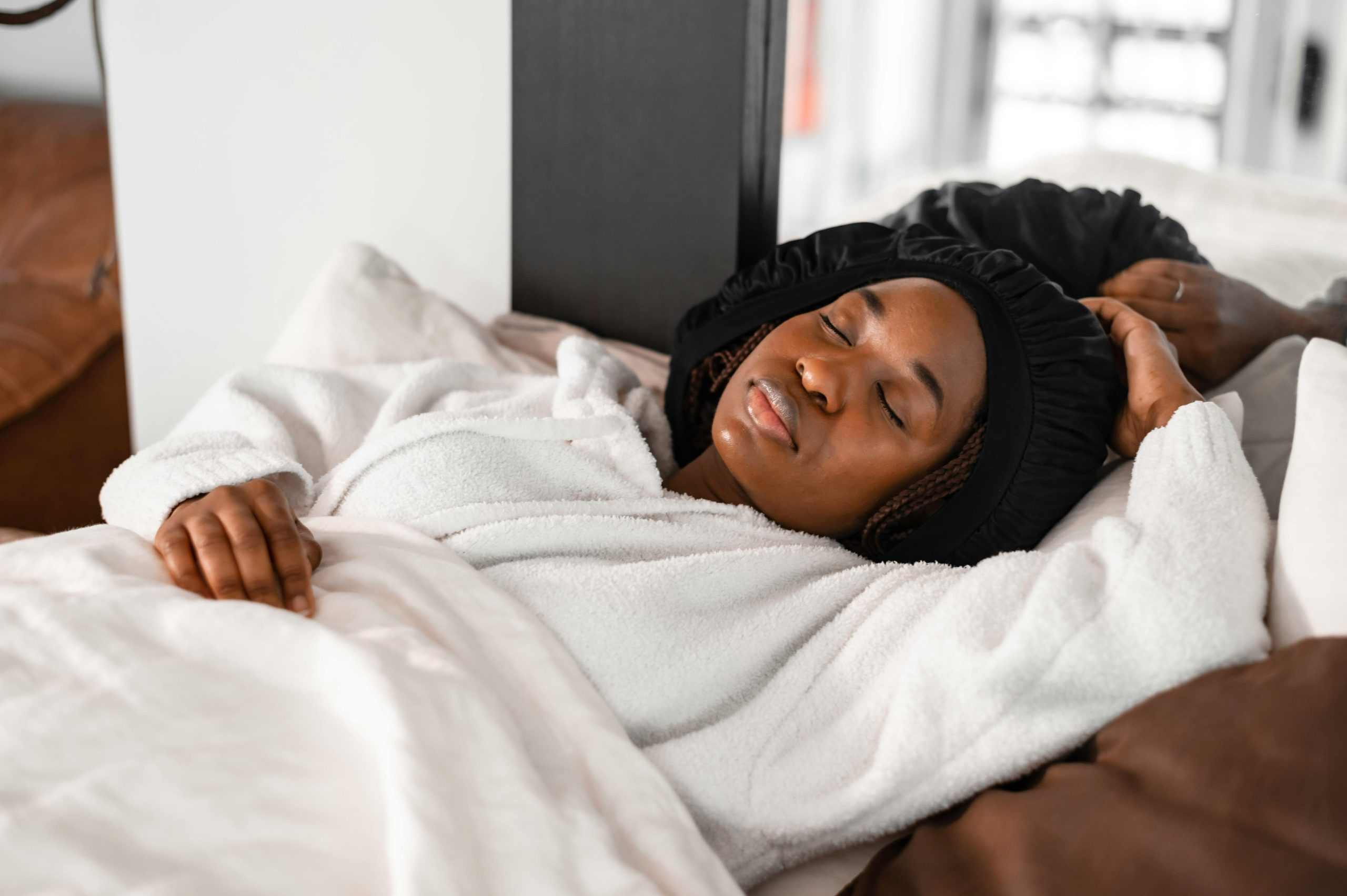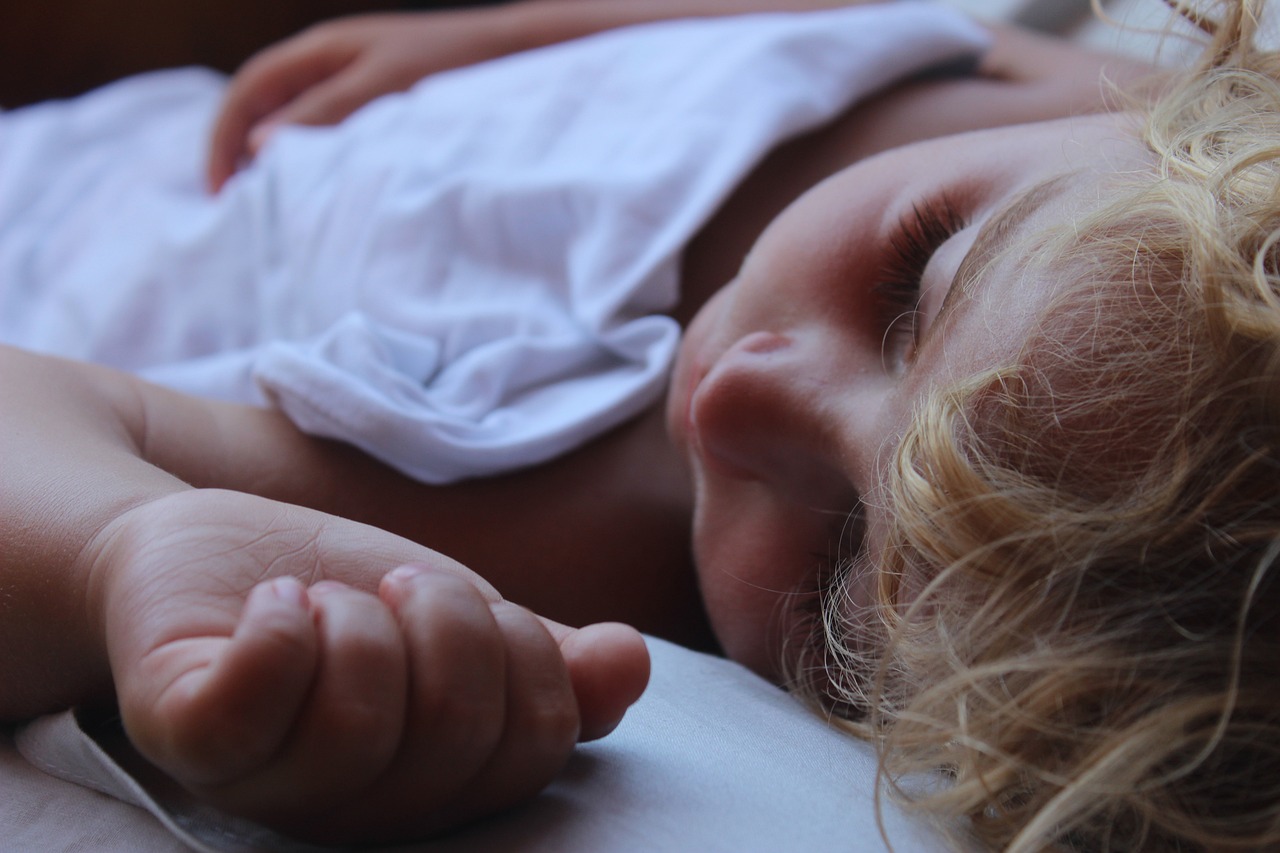Tossing and turning all night? Waking up feeling like you never slept? If this sounds familiar, you’re not alone—millions struggle with sleep issues daily. The secret to better rest might not just lie in a pill or gadget but in mastering sleep hygiene—the habits and tools that set the stage for quality sleep. At GearToSleep.com, we’re here to guide you through the best sleep hygiene practices paired with top-notch sleep aids to help you sleep better naturally. This isn’t just about closing your eyes; it’s about transforming how you approach rest with science-backed solutions.
Why does sleep hygiene matter? The National Institutes of Health (NIH) links poor sleep to everything from weight gain to weakened immunity. By combining smart habits with the right sleep aids—like melatonin, weighted blankets, or white noise machines—you can take control of your nights. In this 2500+ word guide, we’ll dive into how sleep aids work, their benefits and risks, and practical tips to optimize your sleep hygiene. Ready to wake up refreshed? Let’s explore the science and solutions!
What Is Sleep Hygiene and Why Does It Matter?
Sleep hygiene refers to the habits, routines, and environmental tweaks that promote consistent, restful sleep. Think of it as the foundation for any sleep aid to work its magic. Without good sleep hygiene, even the best natural sleep aids might fall flat. The American Academy of Sleep Medicine reports that 1 in 3 adults experiences occasional insomnia, often tied to poor sleep habits like late-night screen time or irregular bedtimes.
Pairing sleep hygiene with sleep aids—like our top-rated melatonin supplement—amplifies their effectiveness. It’s not just about what you use but how you set yourself up for success. Let’s break down the science behind sleep aids and how sleep hygiene supercharges them.
The Science of Sleep Aids: How They Work with Sleep Hygiene
Melatonin and Your Sleep-Wake Cycle
Your body runs on a circadian rhythm, a 24-hour clock driven by light and darkness. Melatonin, a hormone produced in the pineal gland, tells your brain it’s time to sleep. A 2013 study in the Journal of Pineal Research found that melatonin supplements (1-5 mg) can shorten the time it takes to fall asleep, especially when your rhythm’s off—like during jet lag or shift work. Good sleep hygiene, like dimming lights 2 hours before bed, boosts this effect naturally.
Try it yourself with our melatonin supplement—it’s designed for steady release, syncing perfectly with a solid sleep routine.
Calming the Brain with GABA
Neurotransmitters like GABA (gamma-aminobutyric acid) quiet your mind for sleep. Many natural sleep aids, like valerian root, work by increasing GABA levels. A 2015 study in Phytotherapy Research showed valerian can ease anxiety and improve sleep onset. Pair this with sleep hygiene habits—like avoiding caffeine after 2 p.m.—and you’ve got a recipe for calm, restful nights.
Physical Relaxation Through Pressure
Weighted blankets use deep pressure stimulation (DPS) to relax your body. A 2020 study from the Journal of Sleep Research found DPS lowers cortisol (stress hormone) and raises serotonin, mimicking a hug. Combine this with a cool bedroom (65-68°F, per NIH advice), and our premium weighted blanket becomes a sleep hygiene game-changer.
Best Sleep Hygiene Practices to Pair with Sleep Aids
Good sleep hygiene isn’t complicated—it’s about consistency and smart choices. Here’s how to build a routine that makes sleep aids shine.
1. Stick to a Consistent Sleep Schedule
Going to bed and waking up at the same time daily—even on weekends—regulates your circadian rhythm. A 2018 study from Sleep Health showed consistent sleepers reported better rest than those with erratic schedules. Add a sleep aid like melatonin, and you reinforce this natural clock.
2. Create a Pre-Sleep Wind-Down Ritual
Your brain needs a signal to shift gears. Spend 30-60 minutes before bed on calming activities—reading, stretching, or sipping chamomile tea. A 2015 study in the Journal of Advanced Nursing found that a wind-down routine improved sleep quality in adults. Boost it with lavender oil or our white noise machine for soothing background sound.
3. Optimize Your Sleep Environment
Dark, quiet, and cool—that’s the sleep hygiene trifecta. Blackout curtains block light, while a temperature of 65-68°F aligns with your body’s natural drop during sleep, per the NIH. Pair this with a weighted blanket, and you’re cocooned in restful comfort.
4. Limit Screen Time Before Bed
Blue light from phones and laptops suppresses melatonin production, according to Harvard Medical School. Aim for a screen-free hour before bed—or use blue light filters. This lets sleep aids like melatonin work without interference.
Top Natural Sleep Aids to Enhance Your Sleep Hygiene
Natural sleep aids are gentle, effective, and perfect for a sleep hygiene-focused lifestyle. Here’s what science says about the best options.
Melatonin: Reset Your Rhythm
Melatonin’s a natural sleep aid superstar. A 2017 meta-analysis in Sleep Medicine Reviews confirmed it reduces sleep latency without major side effects. Take 1-3 mg 30 minutes before bed, paired with a dark room, and watch it work. Our melatonin supplement is a fan favorite for its precision dosing.
Valerian Root: Calm Your Mind
Valerian root boosts GABA, easing you into sleep. A 2015 Phytotherapy Research study found it helped participants fall asleep faster with doses of 300-600 mg. Brew it as tea or take a capsule—just keep your caffeine-free sleep hygiene rule in mind.
Magnesium: Relax Your Body
Magnesium regulates melatonin and relaxes muscles. A 2012 study in the Journal of Research in Medical Sciences showed it improved sleep in older adults. Try 200-400 mg before bed, alongside a quiet wind-down, for deeper rest.
Lavender: Soothe with Scent
Inhaling lavender oil before bed improved sleep quality in a 2015 Journal of Alternative and Complementary Medicine study. Add a diffuser to your sleep hygiene routine—it’s a simple, natural boost.
Over-the-Counter Sleep Aids: A Backup Plan
For tougher nights, OTC sleep aids like diphenhydramine (Benadryl) or doxylamine (Unisom) can help. These antihistamines block histamine, making you drowsy. The Mayo Clinic notes they’re effective short-term but can cause grogginess or tolerance. Use them sparingly, and stick to sleep hygiene to avoid dependency.
Innovative Sleep Aids for Modern Sleep Hygiene
Weighted Blankets: Pressure Meets Comfort
Weighted blankets are a sleep hygiene must-have. Their DPS effect reduces anxiety, per a 2021 Occupational Therapy in Mental Health study, making them ideal for restless sleepers. Our weighted blanket pairs perfectly with a cool, dark room.
White Noise Machines: Silence the Noise
A 2017 Sleep Research Society study found white noise improved sleep in noisy settings. It’s a sleep hygiene essential if you live near traffic or a loud neighbor. Check out our white noise machine for customizable sounds.
Sleep Trackers: Know Your Patterns
Trackers reveal how sleep hygiene and aids affect you. While not a cure, they’re backed by NIH research for understanding sleep. Use them to tweak your routine.
Benefits and Risks of Sleep Aids with Sleep Hygiene
Benefits
- Faster Sleep: Melatonin and good timing cut sleep latency.
- Deeper Rest: Weighted blankets and magnesium enhance quality.
- Stress Reduction: Lavender and GABA aids calm the mind.
Risks
- Overuse: OTC aids can lead to reliance, warns the Mayo Clinic.
- Side Effects: Melatonin might cause mild headaches; antihistamines, dry mouth.
- Interactions: Check with a doctor if mixing herbs with meds.
Sleep hygiene minimizes risks by reducing your need for heavy reliance on aids.
How to Pick the Best Sleep Aid for Your Sleep Hygiene
- Falling Asleep Issues? Try melatonin or valerian with a wind-down.
- Staying Asleep? Weighted blankets and white noise help.
- Natural Preference? Stick to herbs and scents over OTC.
Test one aid at a time with your sleep hygiene tweaks. Our sleep aid collection has everything to get you started.
Conclusion: Sleep Better with Sleep Hygiene and Aids
Great sleep starts with great sleep hygiene—habits that make sleep aids like melatonin, weighted blankets, and white noise machines even more effective. From science-backed benefits to practical tips, you’ve got the tools to transform your nights. At GearToSleep.com, we’re committed to helping you find what works. Explore our sleep aids collection today—better rest is waiting!


